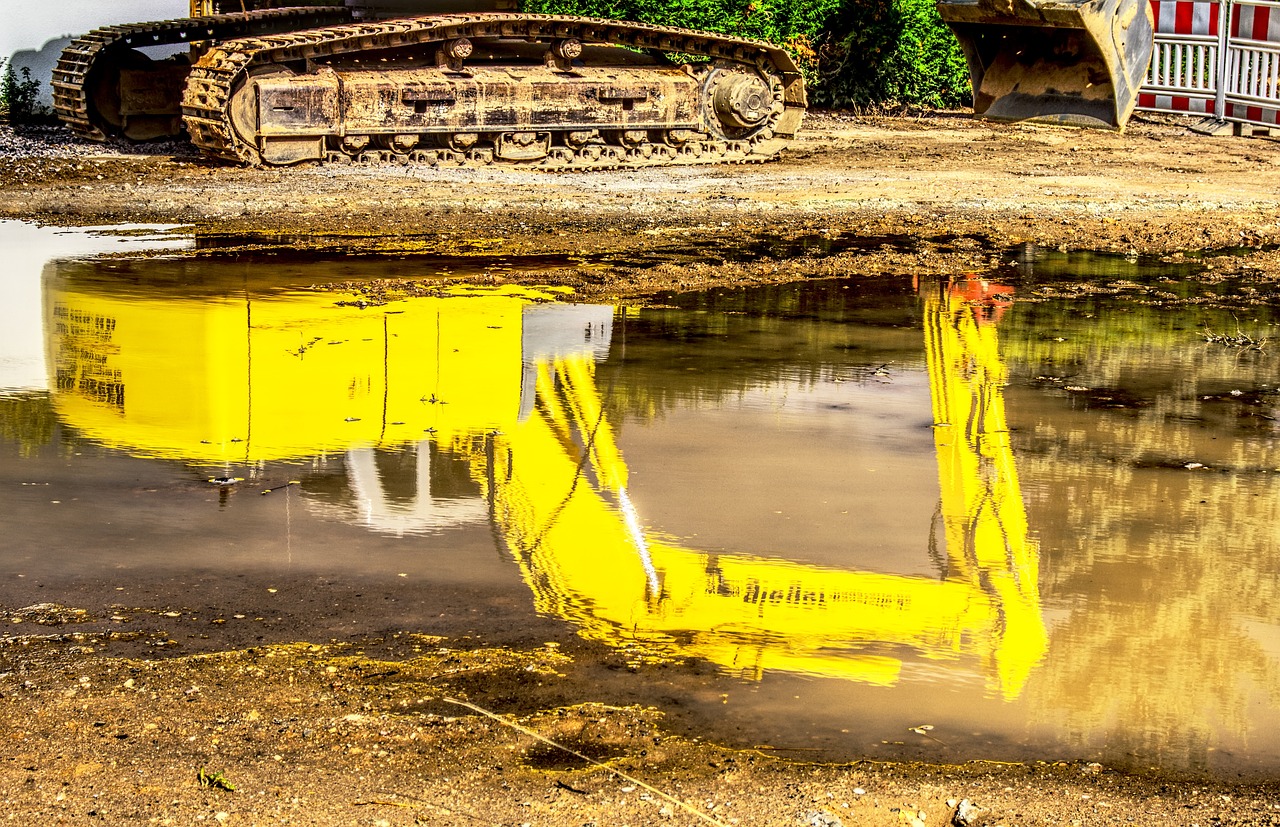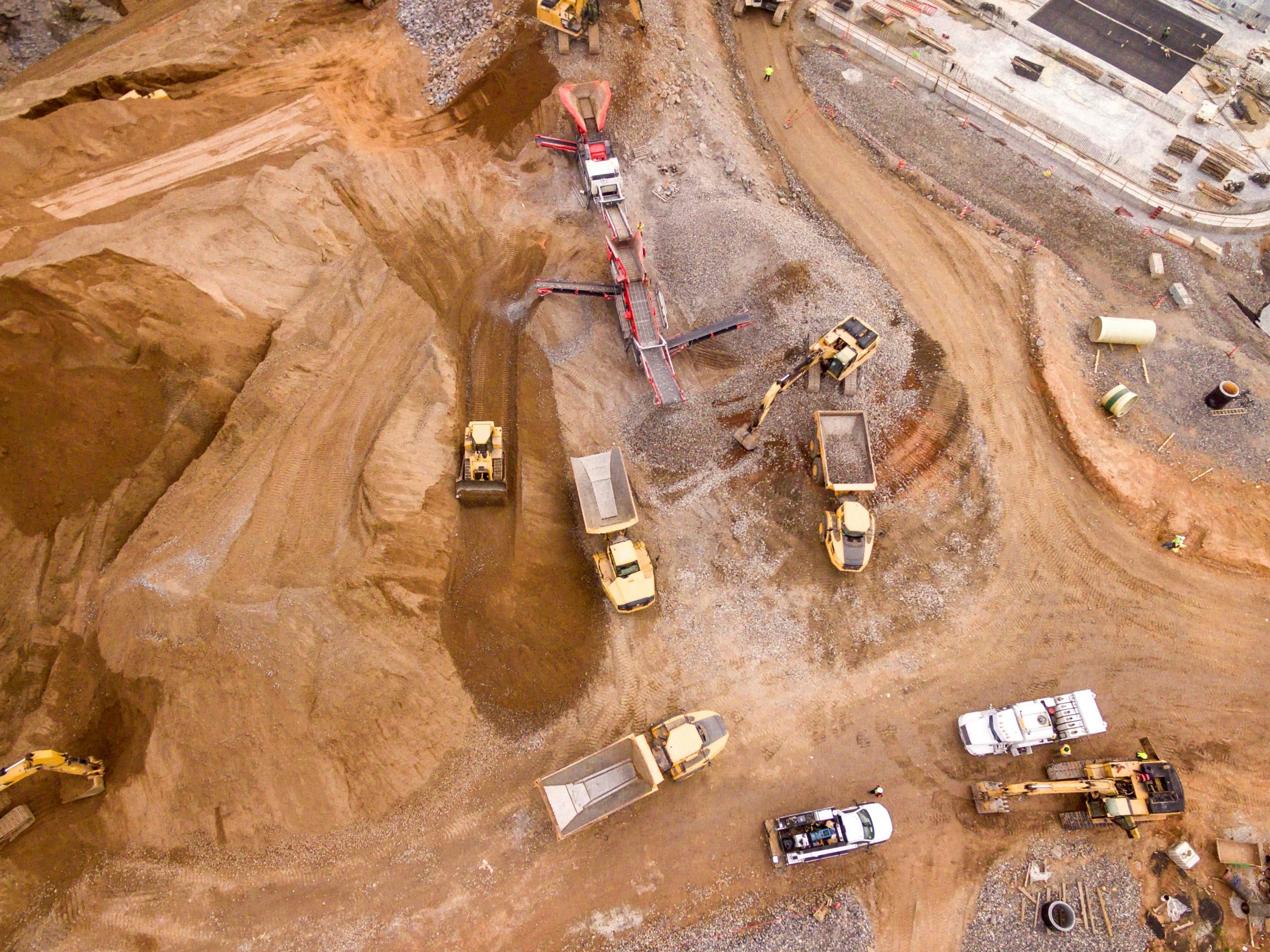- Erosion control measures like sediment barriers and buffer strips prevent sediment runoff.
- Innovative stormwater management systems like permeable pavement reduce pollutant volume.
- Training programs and certification courses enhance personnel competence in runoff management.
- Regular maintenance and inspections ensure the effectiveness of erosion control measures.
- Collaboration with regulatory agencies and stakeholders promotes compliance and sustainable practices.
Construction sites, while necessary for progress and development, often pose significant environmental challenges, especially concerning runoff management. Runoff from construction sites can carry pollutants like sediment, chemicals, and debris, impacting water quality in nearby streams, rivers, and lakes. Proper management of construction site runoff is crucial to mitigate these adverse effects and maintain environmental sustainability. This article will explore five effective strategies for managing construction site runoff, ensuring compliance with regulations, and promoting eco-friendly construction practices.
1. Erosion Control Measures:
Erosion is a primary contributor to construction site runoff. When soil is disturbed during construction activities, it becomes susceptible to erosion by wind and water. Implementing erosion control measures is essential to prevent sediment runoff and protect adjacent water bodies.
Sediment Barriers:
Installing sediment barriers such as silt fences or sediment traps along the perimeter of the construction site helps capture sediment-laden runoff before it leaves the site. These barriers act as physical barriers, slowing down the flow of water and allowing sediment to settle out.
Vegetative Buffer Strips:
Creating vegetative buffer strips using native grasses and plants helps stabilize the soil and reduce erosion. These buffer strips absorb excess water, filter out pollutants, and prevent sediment from entering nearby water bodies.
2. Stormwater Management Systems:

Effective stormwater management is critical for minimizing the impact of construction site runoff on the environment. Implementing innovative stormwater management systems helps capture, treat, and infiltrate runoff, reducing the volume of pollutants reaching water bodies.
Permeable Pavement:
Utilizing permeable pavement materials such as porous asphalt or concrete allows stormwater to infiltrate into the ground, reducing runoff volume and pollutant load. Permeable pavements are particularly beneficial in areas with high impervious surface coverage.
Bioretention Basins:
Bioretention basins, also known as rain gardens, are landscaped depressions designed to capture and treat stormwater runoff. These basins contain vegetation and engineered soil mixes that help remove pollutants and recharge groundwater.
3. Sediment and Erosion Control Training:
Proper training and education are essential for ensuring that construction site personnel understand the importance of sediment and erosion control practices. By providing training on best management practices (BMPs) and regulatory requirements, construction site managers can enhance compliance and minimize the risk of runoff pollution.
Employee Training Programs:
Implementing comprehensive training programs for construction site workers ensures that they are knowledgeable about erosion control techniques, sediment management practices, and the importance of a Stormwater Pollution Prevention Plan (SWPPP). Training sessions can cover topics such as the proper installation of erosion control measures, maintenance procedures, and pollution prevention strategies.
Certification Courses:
Encouraging construction site personnel to pursue certification courses in erosion and sediment control enhances their expertise and competence in implementing effective runoff management practices. Certification programs provide in-depth training on regulatory compliance, BMP selection, and site-specific erosion control techniques.
4. Regular Maintenance and Inspections:
Regular maintenance of erosion control measures and stormwater management systems is essential for their effectiveness in preventing runoff pollution. Conducting periodic inspections helps identify potential issues early and allows for timely corrective actions to be taken.
Routine Inspections:
Establishing a schedule for routine inspections of erosion control measures, stormwater conveyance systems, and sediment controls ensures that they are functioning properly. Inspections should be conducted by trained personnel familiar with SWPPP inspection requirements and regulatory standards.
Maintenance Protocols:
Implementing maintenance protocols for erosion control measures, such as silt fence repair, sediment trap cleaning, and vegetation maintenance, helps prolong their lifespan and effectiveness. Regular maintenance activities should be documented as part of the construction site’s records.
5. Collaboration with Regulatory Agencies:

Collaborating with regulatory agencies and environmental organizations can provide valuable support and resources for implementing effective runoff management strategies. By engaging with stakeholders and seeking guidance from experts, construction site operators can ensure compliance with regulations and adopt sustainable practices.
Regulatory Assistance Programs:
Many regulatory agencies offer assistance programs and technical guidance to help construction site operators develop and implement SWPPPs, comply with permit requirements, and address runoff management challenges. Engaging with these programs can facilitate proactive measures to minimize environmental impacts.
Partnership Opportunities:
Collaborating with local environmental organizations, watershed associations, and community groups can foster partnerships aimed at addressing runoff pollution issues collectively. By working together, construction site operators and stakeholders can leverage resources, share best practices, and implement innovative solutions.
Effective management of construction site runoff is essential for protecting water quality and preserving the environment. By implementing erosion control measures, employing innovative stormwater management systems, providing training and education, conducting regular maintenance and inspections, and collaborating with regulatory agencies, construction site operators can minimize the impact of runoff pollution and promote sustainable construction practices. Through concerted efforts and adherence to best management practices, we can ensure that construction activities proceed in an environmentally responsible manner, safeguarding our natural resources for future generations.

